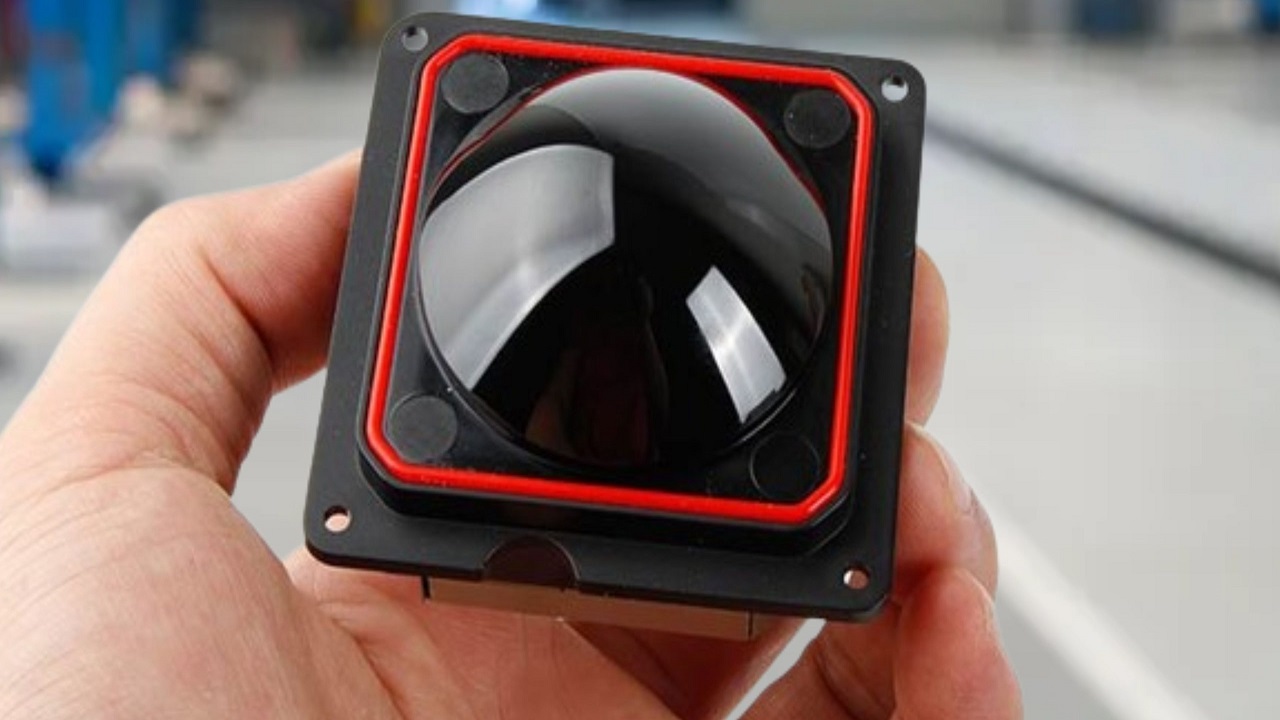Radar sensors have now become a vital part of the environmental monitoring work in different fields. Through the use of radio waves to identify objects and measure distances, radar technology is prepared with highly accurate and reliable data collection. The article below focuses on the uses of radar sensors in monitoring different environmental parameters, highlighting the role they play in the improvement of our understanding and management of natural resources and risks. Let’s explore the uses of a radar level sensor meter in various environmental scenarios.
Monitoring Water Levels in Rivers
The application of radar sensors in environmental monitoring has a dominant role, which is the measurement of the water levels in rivers and lakes. Liquid-level sensors are provided by radar sensors to offer high precision and reliability. These sensors can constantly take water level data which is real-time, vital for flood prediction, water resources management, and ensuring the safety of dams.
Enhancing Flood Control Systems
Radar sensors play an essential role in flood control systems, which is the reason why they are incorporated. Through the supply of the correct and timely water level data, radar sensors allow for better forecasting and administration of flood events. These sensors can be used in locations with high levels of flooding to measure the rising water levels and activate early warning systems, thus preventing floods from harmfully affecting communities. These sensors are capable of functioning in different weather conditions and environments, thus, they are a key component of the monitoring system that ensures continuous and reliable monitoring, which makes them indispensable in flood risk management.
Coastal and Tidal Monitoring
In addition to that, radar sensors are also used in coastal and tidal monitoring. Sea level changes and tidal patterns should be well studied for coastal planning, navigation, and saving the coastal infrastructure. Radar sensors can measure the heights of waves and tides with high accuracy. This data is very valuable for designing coastal erosion models, managing marine navigation, and designing coastal defenses. This will help in protecting the seashores from the impacts of natural disasters.
Dam Safety Warning
Checking the dams from being broken since this will result in loss of lives, property, and even the environment. Radar liquid sensors enhance the safety of dams since they work in measuring the water level in the reservoirs to help regulate the rate of water coming in and going out to ensure the safety of the structure. These sensors can detect irregular changes in water level and this will assist in tripping alarms that would assist in preventing further unwanted incidences. Collection of data over time helps in monitoring the water level trends over time which is helpful in the proper utilization and management of water resources. Also, radar sensors have a long life and do not require frequent maintenance, which enables continuous monitoring of the dam even in the most inaccessible areas.
Conclusion
Radar sensors deliver a multipurpose tool for environmental monitoring, which is characterized by their accuracy and reliability across a wide range of applications. Radar is used to measure water levels and flood control, coastal monitoring, and air quality assessment; radar technology helps us to use the environment more efficiently. With the advancement of technology, radar sensors will probably continue to expand their area of monitoring in the environmental sector, which will ensure more sustainable and strong environmental management practices.

